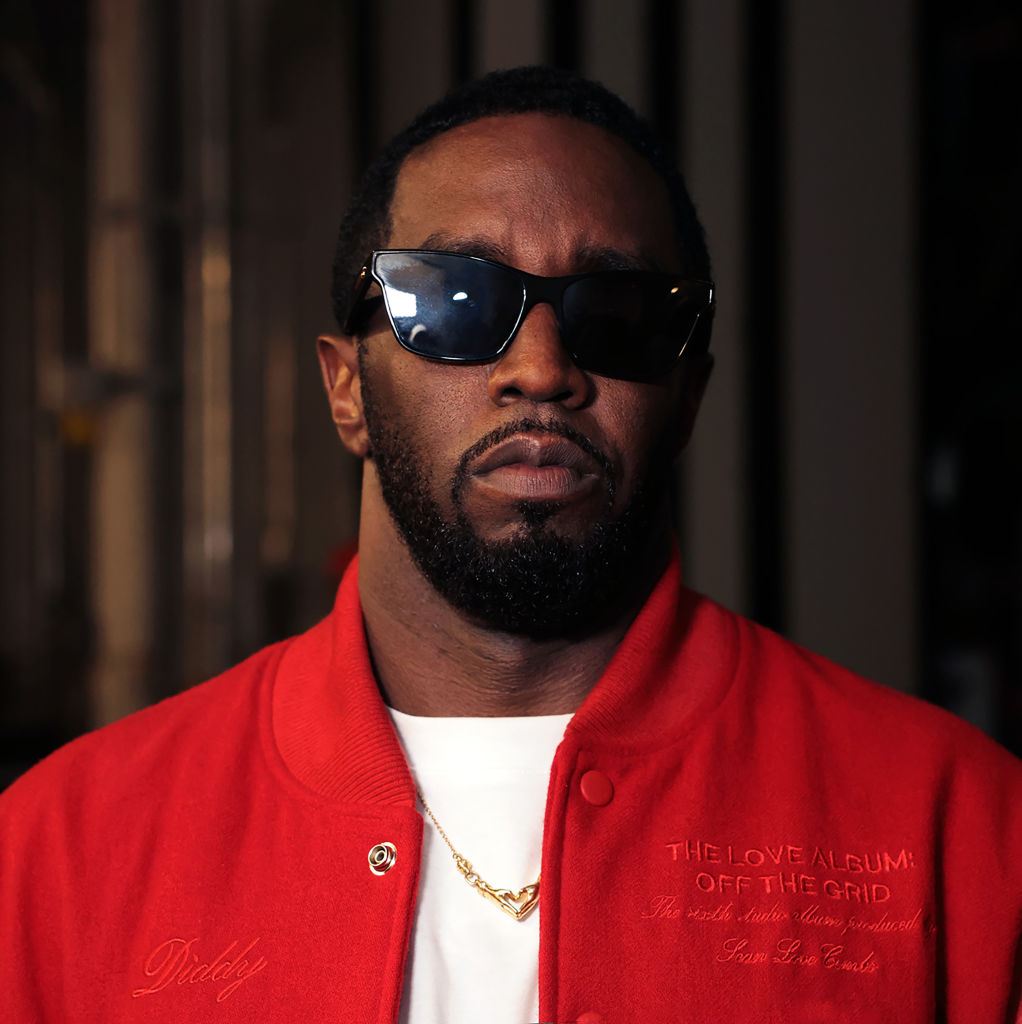You have a preview view of this article while we are checking your access. When we have confirmed access, the full article content will load.
news analysis
The European Union has vowed to enhance its military capability. But money is scarce, responsibilities overlap and the new job is less about soldiers than arms manufacturers.

Sept. 20, 2024, 12:01 a.m. ET
Facing an aggressive Russia, a long war in Ukraine and an uncertain American commitment to Europe, Ursula von der Leyen, as president of the European Commission, has created a new post of defense commissioner.
The task before any new commissioner is formidable. The war in Ukraine has pointed up huge shortcomings in Europe’s capacity to defend itself. Its armies are small and sometimes poorly equipped. It has been slow to increase military spending and prioritize the production of artillery shells, ammunition and air defense. It remains deeply dependent on the United States for key military equipment and funds.
But even before the commissioner, a former prime minister of Lithuania, Andrius Kubilius, can begin, analysts and others have raised alarms that the portfolio is ill-defined and vastly underfunded. The appointment, they say, appears more of a semaphore than a substantive position, calling into question whether Europe is fundamentally serious about taking responsibility for its own defense.
Europe has no army. Defense is legally in the competence of the 27 member states, 23 of which are also members of the NATO alliance. In reality, Mr. Kubilius will be a commissioner for the European arms industry, not defense itself.
His difficult job will be trying to push the arms industries of various European nations toward more standardized production and cooperative purchasing power and coordination.
Before he resigned suddenly on Monday, Thierry Breton, who was responsible for industry as commissioner for internal markets and security, estimated that 100 billion euros a year — about $111 billion — would be needed for European defense.



 2 hours ago
36
2 hours ago
36


















